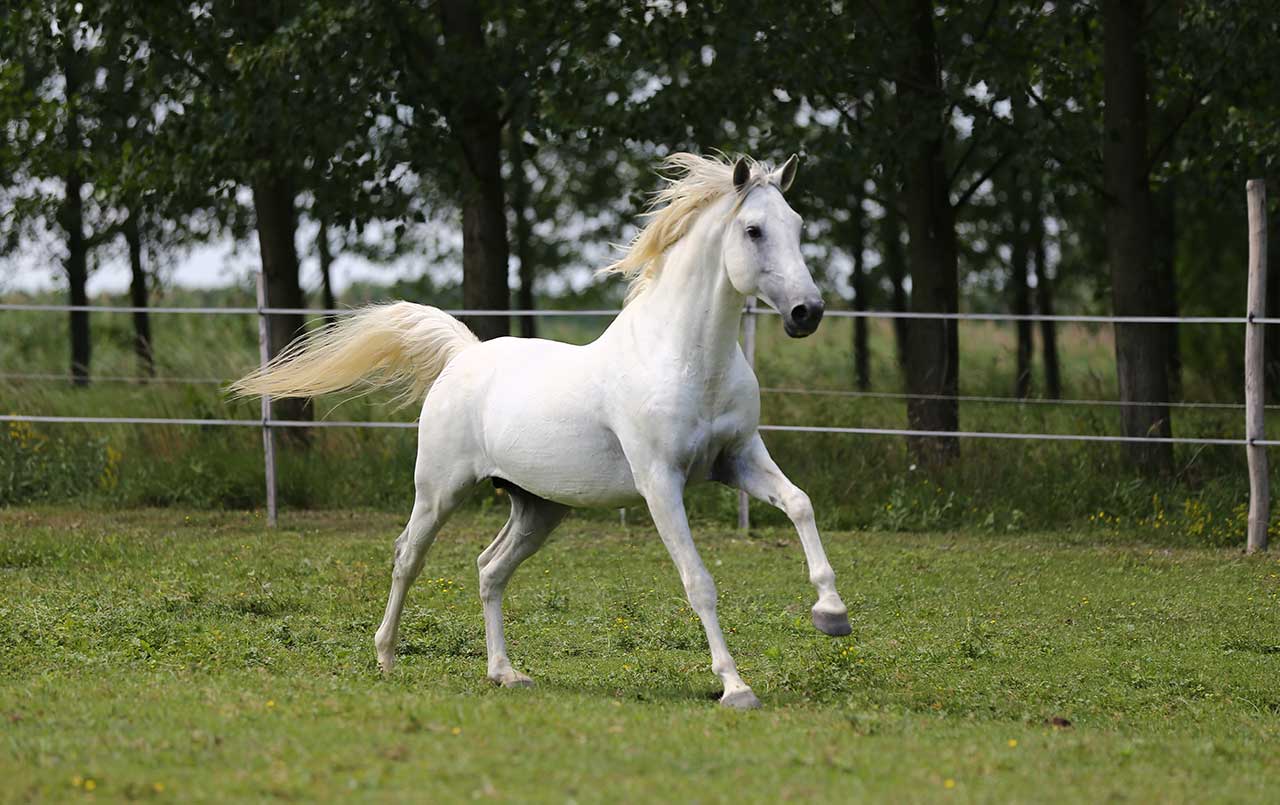

Temporary Horse Fencing: Pros And Cons
A temporary horse fence provides a flexible solution for horse owners who need to manage their animals in changing environments. These fences are portable and ideal for rotational grazing or temporary setups. However, there are several factors to consider before deciding if this type of fencing is the right choice. Let us discuss the advantages and disadvantages of these horse fences to help you make an informed decision.
Advantages of Temporary Horse Fencing
- Portability
One of the main benefits of a temporary horse fence is its portability. This allows horse owners to set up enclosures quickly and move them as needed. Whether for rotational grazing or short-term events, temporary fencing offers ease of use in different locations.
Additionally, temporary fences are lightweight, making them easy to transport. For events or travel, the convenience of packing up and relocating these fences cannot be overstated.
- Cost-Effectiveness
Compared to permanent fencing solutions, temporary horse fences are much more affordable. They require fewer materials and are quicker to install, which reduces labor costs. For horse owners who need a short-term solution without the financial burden of permanent fencing, temporary fences are an economical option.
The lower cost also allows for flexibility in pasture management, enabling frequent adjustments without large expenses.
- Quick Installation
A major advantage of temporary horse fencing is the speed at which it can be installed. Many options can be set up by a single person without the need for specialized tools or equipment. This makes temporary fencing particularly useful for events or when you need a quick solution for pasture management.
However, while installation is fast, regular checks are necessary to maintain the fence’s effectiveness. Over time, you may need to adjust the tension or reposition poles so that the fence remains secure.
Disadvantages of Temporary Horse Fencing
- Durability Concerns
Temporary fences, while convenient, are often less durable than permanent options. They may not withstand harsh weather conditions or heavy pressure from animals. Over time, wear and tear can reduce the effectiveness of these fences, requiring regular maintenance.
In addition, the materials used in temporary fencing, such as poly wire or electric tape, can be prone to damage. If durability is a priority, a permanent solution may be more suitable for long-term use.
- Limited Security
Temporary horse fences may offer less security than permanent ones. Since they are not designed to be a permanent fixture, their ability to contain more aggressive or strong horses can be limited. If your horses tend to test boundaries, you may need to reinforce temporary setups.
In some cases, temporary fences may also be easier for predators to breach, posing additional risks depending on your location. Evaluating the security needs of your horses is important before relying solely on a temporary fence.
- Maintenance Requirements
Temporary horse fences generally require more maintenance than permanent fences. Due to their lightweight materials, they can be more susceptible to wear and tear. Regular inspection and upkeep are needed to keep the fence functional and safe for horses.
It is important to keep tools and materials on hand for repairs, especially if your horses are housed in the temporary fence for extended periods.
Why Temporary Fences are Still a Great Option
Despite some of the downsides, temporary fences are invaluable in certain situations. For horse owners who attend events, travel frequently, or need to manage multiple pastures, temporary fencing provides unmatched flexibility. With proper setup and regular maintenance, these fences can be a reliable tool for managing horses.
For those looking for a convenient solution, Greystone USA’s travel fences offer high-quality materials that are designed for ease of transport and durability. Our travel fence is an ideal choice for temporary horse corrals, offering the perfect balance between portability and security.